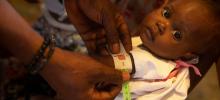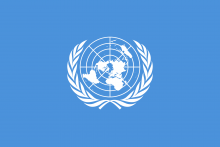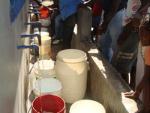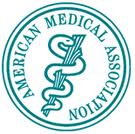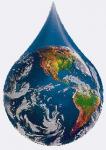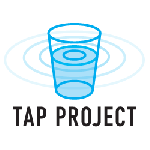‘Triple Threat’ of Cholera, Malnutrition and Violence Puts Young Lives at Risk
The UN Committee on the Rights of the Child issued a brief but stark warning about the threat posed to Haitian children by gang violence, cholera, and malnutrition. The situation in Haiti is difficult, but especially so for children. Emboldened gangs, a growing cholera epidemic, and worsening malnutrition are negatively impacting the well-being of Haitian children. The government is weak, the gangs are in many cases better armed than the police, and core development issues like agriculture, education, infrastructure, and human rights have once again taken a back seat to insecurity. Restoring security won't solve Haiti's problems but it is at least a prequisite.
